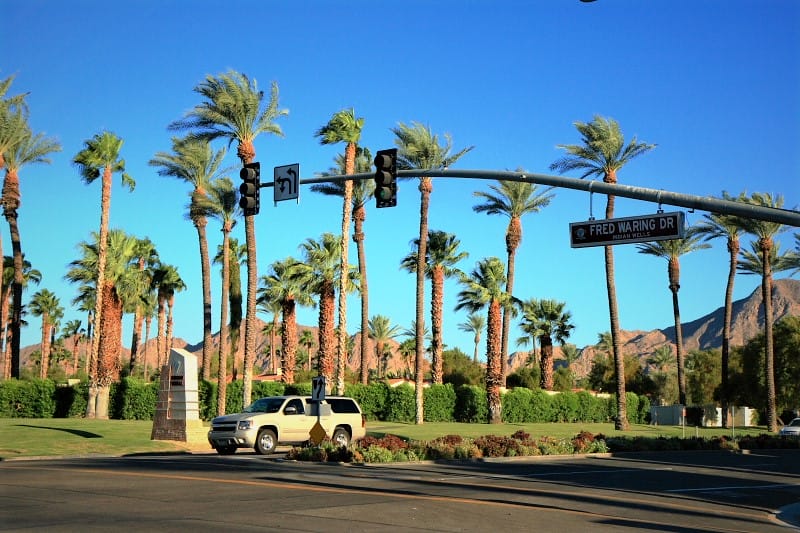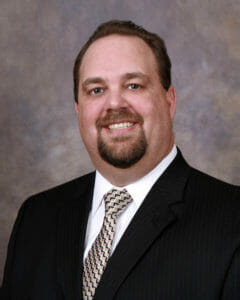Balancing the Short- and Long-term Impact of COVID-19 in a SoCal City

Chris Freeland is the city manager for Indian Wells, a resort community near Palm Springs. He is also a doctoral candidate in American Politics and Public Policy in the university’s Division of Politics & Economics.
***
With the San Andreas fault in their backyard, civic leaders in California’s low desert take emergency preparedness seriously.
“You’re always planning for the next earthquake,” says Chris Freeland. “Who would have thought that a pandemic would be The Big One?”
With most businesses shuttered to help contain the spread of COVID-19, cities are watching much of their tax base evaporate: hotels, car dealerships, mom-and-pop stores—the lifeblood of revenue for public services. Freeland had to close the city-owned golf course, furloughing 150 employees.
Nevermind an earthquake, says Freeland: “Who would have thought that a pandemic would be The Big One?”
“Some businesses will not reopen. That is what is so heartbreaking,” Freeland says. “Cities are starting to forecast the financial impact, which will be significant.”
He is looking at ways Indian Wells can stimulate employment during the crisis, and he is taking the long view as well. Over time, with the city and business community working together, the economy will rebound.
People, however, are not replaceable, which is why Freeland says public safety is Job One. And with numerous municipal employees providing essential services—”the heroes keeping this city operational”—it’s personal.

“If I have an employee who is exposed, they’re exposing everyone in their home,” Freeland says.
Recently, someone in his office fell ill.
“Fortunately, the test [for COVID-19] was negative, or we would have had a dozen people exposed, including me.”
That’s where disaster preparedness paid off. Freeland created an A team and B team, so if one gets exposed, the other comes in to keep the city running.
“We want residents to know we’re always here for them,” Freeland says. “We’ve always come together to care for one another. This too will pass.”
- Read here about other CGU Heroes: SCGH’s Javad Fadardi in Iran